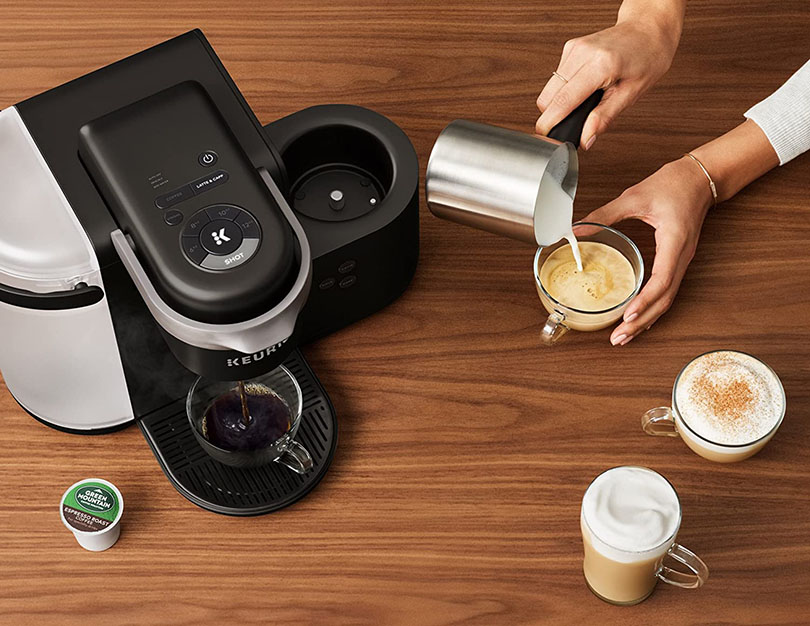A balanced lifestyle keeps your physical, mental, and emotional health aligned. It helps you manage daily stress, stay focused, and enjoy a sense of stability in all areas of life. When your habits are consistent, you can work efficiently without burning out and find time for rest and personal growth.
Neon Shapes highlights that balance is not about perfection. It’s about making mindful choices that sustain long-term well-being.
1. Define What Balance Means to You
Every person’s version of balance is different. For some, it’s maintaining a steady work routine while having weekends free. For others, it’s eating healthy and staying active. Write down what matters most to you. Identify areas where you often feel overwhelmed. This will help you set realistic goals instead of chasing ideal routines that don’t fit your lifestyle.
2. Set Clear Priorities
You can’t do everything at once. List your daily tasks in order of importance. Focus on completing three major goals each day. Small, consistent wins reduce stress and create momentum. Use reminders or apps to track your progress and avoid multitasking, which often leads to mental fatigue.
3. Build a Consistent Routine
Routines bring structure and predictability. Start your day at the same time, eat at regular hours, and set a clear bedtime. When your body adjusts to a pattern, you conserve energy for more important tasks. A balanced schedule gives you better control over time and helps you avoid chaos.
4. Manage Your Workload
Balance depends on how you manage your workload. Break large projects into smaller steps. Take short breaks to reset your focus. Avoid bringing work into your personal time. Hub Blogging explains that defining boundaries between work and rest improves both performance and health. Your mind works best when it gets proper downtime.
5. Eat Mindfully and Stay Hydrated
Food choices impact mood and energy. Eat whole foods like fruits, vegetables, proteins, and grains. Limit processed snacks that cause energy crashes. Keep a bottle of water nearby and drink regularly. Proper hydration supports better sleep, digestion, and focus throughout the day.
6. Exercise Regularly
Physical movement keeps your body active and reduces mental stress. You don’t need long sessions. Even a 20-minute walk, light stretching, or yoga can make a difference. Schedule workouts like any other meeting to make them non-negotiable. Exercise releases endorphins that stabilize mood and increase productivity.
7. Get Enough Sleep
Sleep restores energy and strengthens memory. Aim for seven to eight hours each night. Avoid screens before bed. Try reading or meditating to calm your mind. Poor sleep affects your mood, focus, and physical health, leading to an unbalanced lifestyle.
8. Limit Digital Distractions
Smartphones and constant notifications interrupt focus. Designate phone-free hours during meals, workouts, or bedtime. Use app timers to limit social media use. This helps you reclaim time for meaningful activities like hobbies, conversations, or reflection.
9. Practice Stress Management
Stress is part of life, but how you manage it shapes your well-being. Learn techniques that work for you, such as breathing exercises, journaling, or spending time outdoors. Managing stress helps you respond better to challenges and keeps emotions steady.
10. Build Healthy Relationships
Your relationships influence your mental and emotional balance. Spend time with people who support your growth. Communicate openly and listen actively. Stay away from negativity and unnecessary conflicts. Positive social connections boost happiness and resilience.
11. Take Personal Time
Balance requires solitude. Take time for yourself to recharge. Do something you enjoy, like reading, gardening, or a quiet walk. Alone time clears your thoughts and helps you reflect on your progress.
12. Learn to Say No
Saying yes to everything leads to burnout. Respect your limits. Decline activities that don’t align with your goals. Protecting your time is not selfish—it’s essential for maintaining balance.
13. Keep a Clean and Calm Environment
Your surroundings affect your mindset. Keep your workspace and living area organized. Clutter increases stress and distraction. A tidy environment helps you think clearly and stay focused.
14. Review Your Progress Regularly
Once a week, evaluate how balanced your schedule feels. Notice what’s working and what needs change. Adjust your habits as needed. Consistent reflection keeps you aligned with your priorities and prevents burnout.
15. Balance Your Finances
Financial stress affects mental health. Track your expenses, set budgets, and save for emergencies. When your money is organized, you gain peace of mind and confidence in your daily life.
16. Spend Time Outdoors
Exposure to natural light and fresh air improves mental clarity. Take short walks outside, even if it’s just for a few minutes daily. Nature helps lower stress and boosts overall mood.
17. Continue Learning
Personal growth keeps your mind active. Take online courses, read books, or learn new skills. Continuous learning enhances self-esteem and gives you purpose beyond work.
18. Be Flexible
Balance is not a fixed state. Some days will be more demanding than others. Be willing to adapt without guilt. Flexibility helps you recover from setbacks quickly.
Blogging Fort points out that life balance improves when you accept imperfection and focus on steady improvement rather than quick fixes.
19. Maintain a Positive Outlook
Your mindset shapes your balance. Focus on what you can control. Acknowledge progress, no matter how small. Gratitude builds inner stability and helps you handle stress better.
20. Keep Consistency Over Perfection
Small daily actions create lasting results. Whether it’s eating well, exercising, or taking breaks, what matters most is consistency. Balance thrives on regular habits, not extreme efforts.
Final Thoughts
A balanced lifestyle develops through daily decisions. It’s about setting priorities, maintaining routines, and giving equal attention to work, rest, and self-care. The goal is not to eliminate challenges but to handle them with awareness and control.




